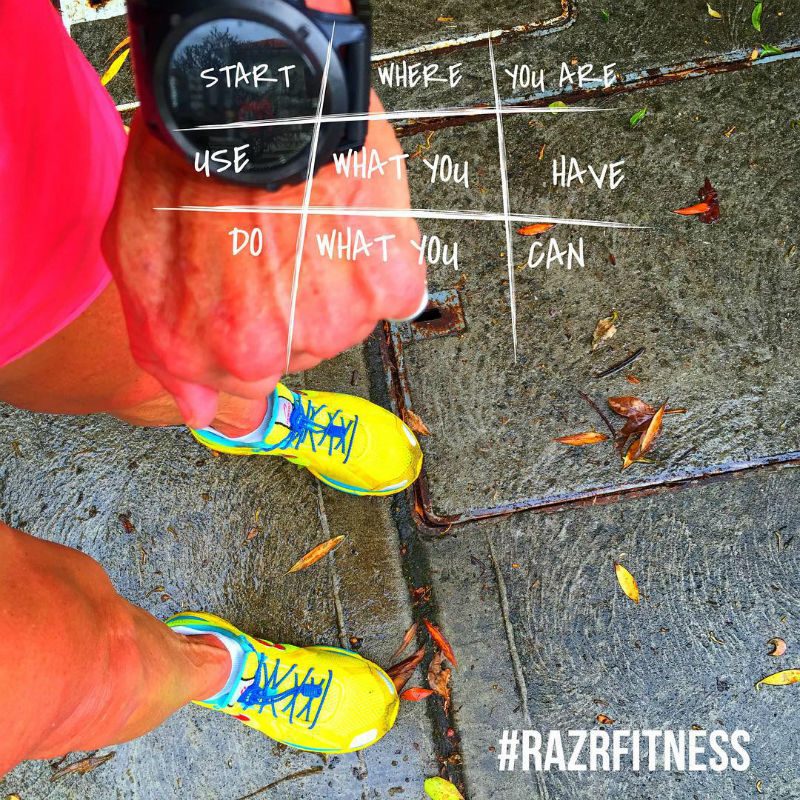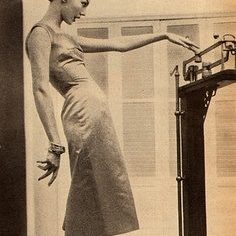 Not seeing changes in your body despite working out and eating well? The speed of your workout could be the reason.
Not seeing changes in your body despite working out and eating well? The speed of your workout could be the reason.
4-2-2-1 Eccentric, hold at the stretch, concentric (contract), hold.
It is popular for coaches to set tempo numbers with an exercise program. However, if you understand what these numbers are and how they work, you can play with these numbers yourself to challenge your own workouts. Tempo numbers represent the time spent in each part of one exercise repetition. In the four number set, the first number represents the eccentric muscle stretch, the second number the hold at the stretch, the third number the concentric muscle contraction, and the fourth number a hold at the starting position. So, if the tempo is set at 4-2-2-1 in a push-up, for example, the body is lowered to the ground for 4 seconds, held at the bottom for 2 seconds, pushed up for 2 seconds and held in the starting position for 1 second.
Changing up these numbers will challenge your workout because muscles will have varied times under tension. Increasing or decreasing muscle time under tension will work different groups of muscle fibres. Our bodies have fast-twitch muscle fibres (Type II A and Type IIB where A can be moderate to fast) and slow-twitch muscle fibres (Type I). To work fast-twitch fibres, increase your speed. To work the slow-twitch fibres, increase the time under tension.
So, for someone doing squats who wants to work their hamstring, the tempo can be changed to 4-2-1-2, for example, where the eccentric number in the tempo is held longer for a slower squat. Similarly, to stretch of the glutes at the bottom, hold the second number longer, for example, 2-4-2-2. To work on speed, or fast muscle fibres, lower your 3rd number to 1 or 0 (jumping).
Push up-make harder-change numbers will allow you to challenge muscles they are not used to.
If someone gave you the same exercise but give you 1-1-1-0 it would be plyometric push up (clapping) because of spending no time at the top and coming right back down.
At a squat to work hamstring, 1st num will be slower. To have a good stretch at the bottom hold 2nd num longer. Work on fast muscle fibres and squat faster you 3rd number would be 1ld be one
For 4th num would be zero because you’re jumping.
Why time under tension is important:
Muscle fibres breakdown:
1. Fast-twitch muscle fibres are Type II A and Type IIB where A can be moderate-fast
2. Slow twitch is Type I muscle fibre
When you change the tempo of an exercise you can change the time under tension where you’re increasing seconds in certain parts where you emphasize a Type I muscle fibre in an exercise. Same here if you increase the speed of a concentric you can increase the speed of a fast-twitch muscle fibre.




